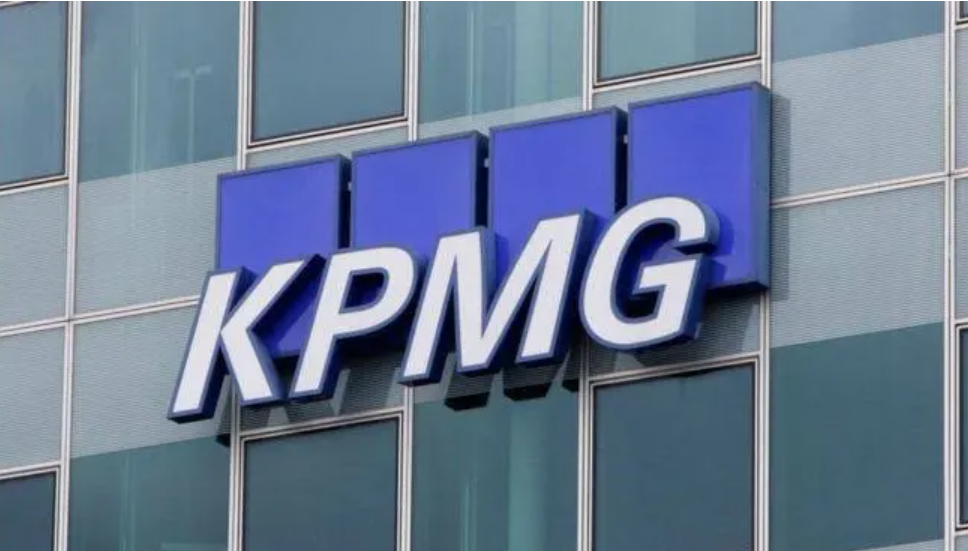KPMG has called on banks and financial institutions to urgently accelerate their preparedness ahead of the launch of open banking in Nigeria.
This was indicated in its latest report published on Thursday, which is titled ‘Modernising Core Banking Systems: Navigating challenges to achieve resilient transformation,’ a thought leadership piece which was the outcome of its recently held 2025 KPMG Core Banking Modernisation Summit.
There had been reports earlier this year that the Central Bank of Nigeria had approved the launch of open banking starting in August 2025. Recall that the apex regulator in February 2021 issued the regulatory framework for open banking in Nigeria.
Open banking allows a customer (end-user) to authorise their bank or financial service provider to share their financial information with other participants within the financial services system (e.g., other banks, third-party financial service providers) so as to develop more customer-centric services and financial products.
Open banking is powered by a technology called Application Programming Interface. With open API, participating banks and other financial institutions will be able to access information on other participants’ financial products and services, as well as personal information, transaction history, credit score, income ratings, etc., of other participants’ individual customers.
The thought leadership piece from KPMG partly read, “Open banking is currently serving as a powerful catalyst for the growth and innovation of Nigeria’s digital-first financial players by streamlining access to financial data and infrastructure through secure APIs.
“Open banking is an offshoot of the collaboration between traditional banks, neobanks, and fintechs, which seeded the growth of innovative financial products such as virtual accounts (offering digitally generated account numbers for seamless collections and automated reconciliations), card management solutions (including virtual and physical card issuance, tokenisation, and spend controls), payment rail integrations (connecting neobanks and fintechs to global and local payment networks for faster, cross-border transactions), and merchant payment gateways (facilitating secure, multi-channel payment acceptance for business).
“Open banking is paving the way for financial services innovation through ecosystem collaboration and partnerships. With the recent announcement of CBN’s push for the launch of open banking in Nigeria by August 2025, it is imperative for banks to ensure the readiness of their core technologies and operational processes to support open banking.”
The firm said open banking will impact data mobility and control as it allows customers to securely share their financial data with third-party providers, facilitating access to personalised financial services. Service integration and collaboration with APIs support seamless integration between banks and TPPs, resulting in the development of progressive financial products and services.
KPMG noted that open banking can boost financial inclusion by using alternative data sources (mobile phone usage, utility bill payments, social media activity) and extending access through digital channels, as well as drive core banking modernisation.
“Nigeria’s core banking systems are being reformed faster due to the need to accommodate API-driven data sharing and service integration,” the report affirmed.
KPMG asserted that the financial services landscape across West Africa is undergoing a shift, “As digital banking becomes the default and customer expectations accelerate toward real-time, personalised experiences, traditional institutions must confront a stark reality: legacy systems can no longer support the agility, innovation, and resilience that the future demands.
“Meanwhile, emerging digital challengers, free from the technical debt of outdated infrastructure, are redefining what modern banking looks like with intuitive platforms, frictionless service delivery, and rapid product evolution. For incumbent banks, the question is no longer whether to modernise their core platforms, but how to do so effectively.”















